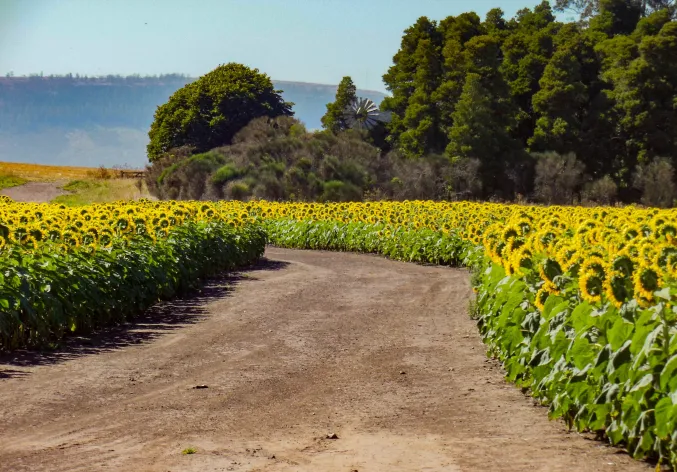Neonicotinoid decision takes European farming in the wrong direction
Basel, Switzerland
Today’s decision by Member States to back the Commission’s proposal for further restrictions of neonicotinoids is disappointing, but not unexpected. Syngenta does not believe today’s decision is the right outcome for European farmers or for the environment.
What we need today, more than ever before, is for farmers to ensure the supply of safe and affordable food – while minimizing the negative impact and amplifying the positive effects that agriculture has on the environment. The evidence clearly shows that neonicotinoids pose a minimum threat to bee health compared to a lack of food, diseases and cold weather.
Technology and other related advances can benefit all farming systems. All farmers, whether large or small, conventional or organic, can be more productive while conserving scarce resources, protecting nature and improving biodiversity. By constantly improving chemistry and developing products such as neonicotinoids, we can help farmers continue to protect their crops from insects and weeds, while minimizing the impact on the environment and on human health.
The Commission’s reliance on an unapproved regulatory document (The Bee Risk Guidance Document) in order to propose a further ban of neonicotinoids is not sound and will not address the challenges we face in ensuring safe and reliable food supply while also taking care of the environment. In fact, the Bee Risk Guidance Document is so conservative and so far removed from the reality of agriculture that its application would see most, if not all agricultural chemicals banned, including for example, those used in organic agriculture.
We stand by our products and our science. We will continue to help growers put food and habitat for pollinators back into the farming landscape through the development of good technology, supported by programs like Operation Pollinator. Since 2001, Operation Pollinator has positively impacted more than 5 million hectares of arable land globally and we will continue to rely on our more than 100,000 bee hives in Europe and around the world to pollinate our seeds for production.
About Syngenta
Syngenta is a leading agriculture company helping to improve global food security by enabling millions of farmers to make better use of available resources. Through world class science and innovative crop solutions, our 28,000 people in over 90 countries are working to transform how crops are grown. We are committed to rescuing land from degradation, enhancing biodiversity and revitalizing rural communities.
To learn more visit www.syngenta.com and www.goodgrowthplan.com. Follow us on Twitter® at www.twitter.com/Syngenta.
Cautionary Statement Regarding Forward-Looking Statements
This document contains forward-looking statements, which can be identified by terminology such as ‘expect’, ‘would’, ‘will’, ‘potential’, ‘plans’, ‘prospects’, ‘estimated’, ‘aiming’, ‘on track’ and similar expressions. Such statements may be subject to risks and uncertainties that could cause the actual results to differ materially from these statements. For Syngenta, such risks and uncertainties include risks relating to legal proceedings, regulatory approvals, new product development, increasing competition, customer credit risk, general economic and market conditions, compliance and remediation, intellectual property rights, implementation of organizational changes, impairment of intangible assets, consumer perceptions of genetically modified crops and organisms or crop protection chemicals, climatic variations, fluctuations in exchange rates and/or commodity prices, single source supply arrangements, political uncertainty, natural disasters, and breaches of data security or other disruptions of information technology. Syngenta assumes no obligation to update forward-looking statements to reflect actual results, changed assumptions or other factors.


